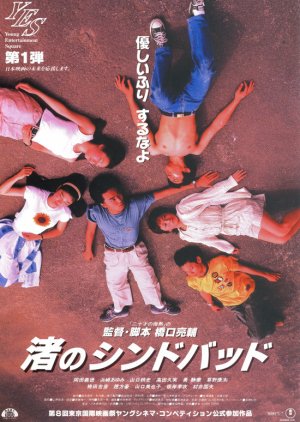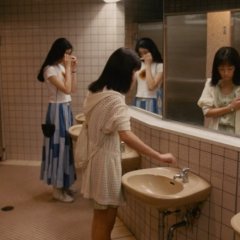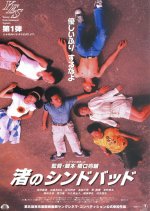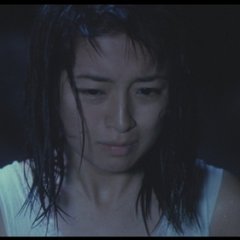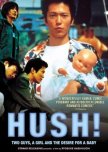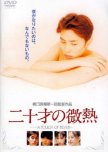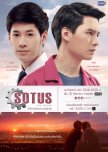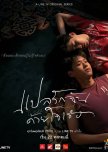- Français
- English
- magyar / magyar nyelv
- dansk
- Titre original: 渚のシンドバッド
- Aussi connu sous le nom de: Sinbad of the Seashore
- Scénariste et Réalisateur: Hashiguchi Ryosuke
- Genres: Romance, Vie quotidienne, Jeunesse, Drame
Distribution et équipes
- Okada Yoshinori Rôle principal
- Hamasaki Ayumi Rôle principal
- Kusano KoutaYoshida HiroyukiRôle principal
- Negishi ToshieMs. NezuRôle Secondaire
- Yamaguchi MiyakoMs. YoshidaRôle Secondaire
- Hakamada YoshihikoFujitaRôle Secondaire
Critiques

a masculine sensitivity.
It was Hashiguchi Ryosuke's birthday recently and it reminded me I hadn't seen one of his films before. Given he's a noteworthy filmmaker in modern Japanese queer cinema, I thought I would fix that.Hisaguchi’s preference for long arduous shots often leaves his characters bare naked in scenes—their every motion captured raw for potentially masochistic viewers. It’s awkward, but so is being a teenager, and it’s in this way that the movie really goes for the jugular. These characters are incapable of truly being themselves—they either don’t know how to or are afraid to or both—and after a painful two-thirds of skirting around feelings, everything comes to head in the film’s stunning final act. It’s potentially some of the most captivating 30 minutes ever committed to screen, considering how hard it was to look away. Each shot finds ways to imprint itself more & more into the brain, until it's all taken away.
As an intimate exploration of sexuality—not in the physical, but in the emotional—Hisaguchi has crafted an almost surreal piece of escapism via self-actualization that still manages to resonate some 25 years later. It’s tender, brutal and honest, and kindly asks its audience to be the same. It's not for everybody, but it certainly was for me.
Cet avis était-il utile?

Cette critique peut contenir des spoilers
Being queer is a choice?
This film is about teenagers finding themselves and maturing. We follow them throughout their journey, and I believe they all grew and became different people by the end of the film.I loved the cinematography, especially in the countryside setting. The OST is beautiful and could have been used more often throughout the movie. The script is also great.
I think the contents of the movie were well thought through, although the message in some scenes can be questioned. An example is the drowning scene at the end, where Ito told Yoshida that he could "kiss a boy if he tried", implying that being queer is a choice (which it most certainly is not).
Cet avis était-il utile?

